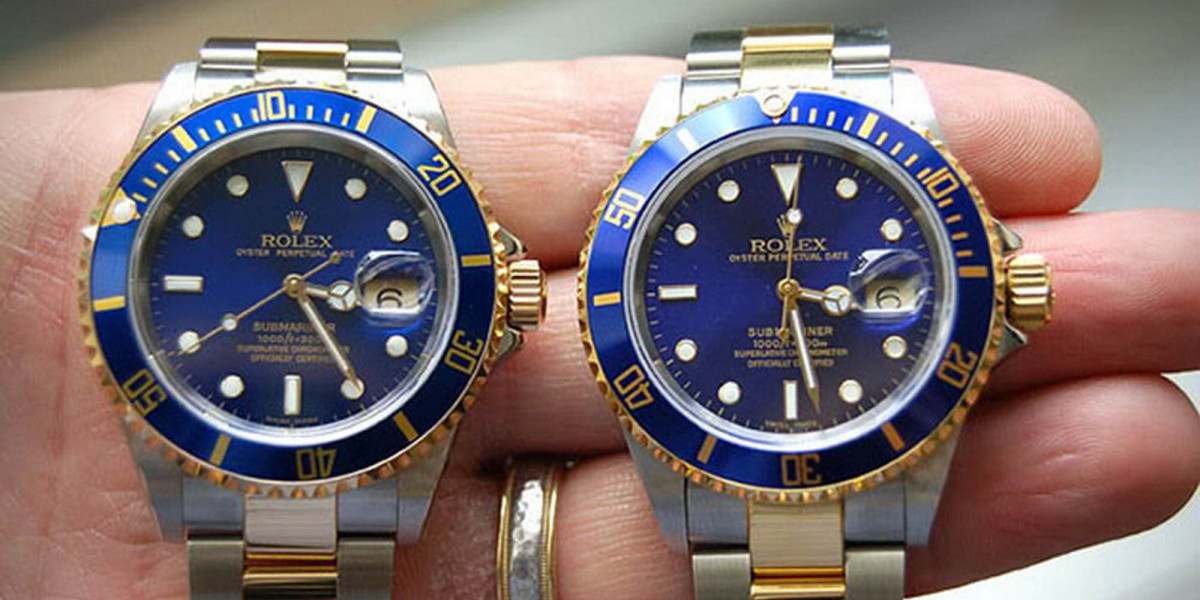rolex naranja is a luxury watch brand that is renowned for its high-quality timepieces and status symbol. Due to the high cost of Rolex watches, there is a market for replicas that are considerably cheaper than the authentic ones. However, the legality of selling and owning Rolex replicas is a contentious issue that has sparked debate among consumers, collectors, and law enforcement agencies.
In this article, we will explore the legalities surrounding Rolex replicas and discuss the ethical implications of owning and selling them. We will also examine the potential consequences of buying counterfeit goods and the impact it may have on the industry as a whole.
Rolex watches are protected by intellectual property laws, including trademarks and copyrights, which give the company the exclusive right to use and reproduce its designs. This means that any unauthorized reproduction or sale of Rolex watches without the company's permission is considered illegal and constitutes trademark infringement.
The market for counterfeit Rolex watches is widespread, with many manufacturers producing replicas that closely resemble the original designs. These replicas are often sold at a fraction of the price of genuine Rolex watches, making them an attractive option for consumers who want to own a luxury watch without the hefty price tag.
However, the sale and purchase of counterfeit goods, including Rolex replicas, is illegal in most countries and can result in severe consequences for both the buyer and the seller. In the United States, for example, the sale of counterfeit goods is a federal offense that can lead to hefty fines and even imprisonment.
Furthermore, owning a counterfeit Rolex watch can have serious implications for the buyer, as it may be seized by law enforcement authorities and destroyed. In addition, owning a counterfeit watch can damage the reputation of the buyer and raise questions about their integrity and ethics.
In recent years, Rolex has taken a more proactive approach to combating counterfeit goods by implementing measures such as holograms, serial numbers, and authentication certificates to verify the authenticity of its watches. These measures have made it more difficult for counterfeiters to produce convincing replicas that fool consumers into believing they are buying authentic Rolex watches.
Despite these efforts, the market for Rolex replicas continues to thrive, with many consumers opting for counterfeit watches due to their affordability and perceived value. This has led to a dilemma for Rolex and other luxury watch brands, as they struggle to balance the enforcement of intellectual property rights with the demand for cheaper alternatives.
From an ethical standpoint, the sale and purchase of counterfeit goods, including Rolex replicas, can have detrimental effects on the economy and the industry as a whole. Counterfeiting not only profits criminals but also undermines the hard work and creativity of legitimate businesses that invest in research and development to create original products.
In conclusion, the legality of Rolex replicas is a complex issue that raises important questions about intellectual property rights, consumer ethics, and the impact of counterfeit goods on the economy. While the sale and purchase of Rolex replicas are illegal in most countries, the demand for these counterfeit watches continues to grow due to their affordability and perceived value.
As consumers, it is important to consider the ethical implications of owning counterfeit goods and to support legitimate businesses that uphold intellectual property rights and invest in innovation. By choosing to purchase authentic products, we can help protect the integrity of the luxury watch industry and ensure that companies like Rolex continue to thrive in the global marketplace.









